This review was originally posted on Goodreads.com and reviews.wheelerc.org on March 6, 2014.
Crafty
Elizabeth Maxwell, the author, uses two separate devices to tell her story. The first, which is only used to get the story started although it becomes the plot, is a writer telling a story, switching back to her life, story.
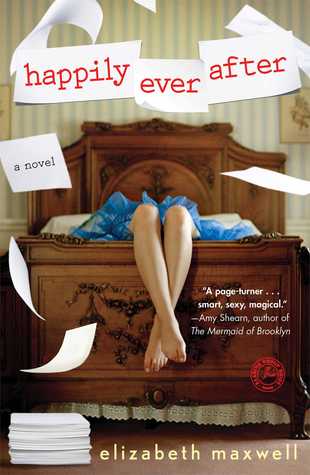 The second one, which works but I doubt will ever work for any of Maxwell’s readers a second time, is the use of craft to tell a story.
The second one, which works but I doubt will ever work for any of Maxwell’s readers a second time, is the use of craft to tell a story.
That is to say, using information about the craft the narrator is engaged in to further propel the story. Think USA’s “Burn Notice.” In that instance, a spy of sorts engages the viewer with it, with its background, with its creation and destruction, as a means to further his own narrative. Maxwell does the same, but for something she engages in: the writing of the romance novel.
This isn’t a knock on Happily Ever After (which is a terribly generic title.) It works in the context of the book. It’s fully enjoyable. The problem arises with, it’s a one-use-only kind of device, and one that used in this more narrowed instance, ruins all future uses by any other authors for readers.
That is to say, I don’t ever want to read another book that uses a telling of the craft of romance writing to propel a novel because, how many novels worth of craft are there to write about? There is a certain plateau, beyond which, everything is just jargon.
Others have made comparisons to the film “Stranger Than Fiction.” Certainly, the comparison is apt. They’re the same kind of stories, the same sub-genre of sorts. Really, that’s where the comparison should end.
Exceeded expectations
I assumed when I started the book, but after I had read the reviews, I would hate it. I don’t trust the overly positive, but short, reviews and the negatives one seemed to parrot what I’ve seen as warning signs for other books.
(Click link to read the rest of the review):

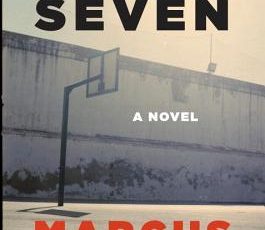
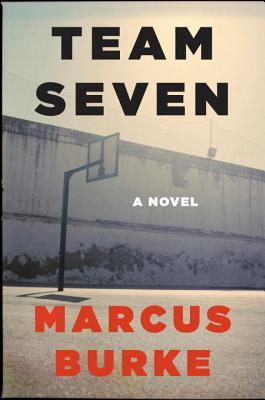 Team Seven, while well-written, suffers from a lack of a coherent timeline and organization, lending significant doubt to its character’s actions, language, etc.
Team Seven, while well-written, suffers from a lack of a coherent timeline and organization, lending significant doubt to its character’s actions, language, etc.
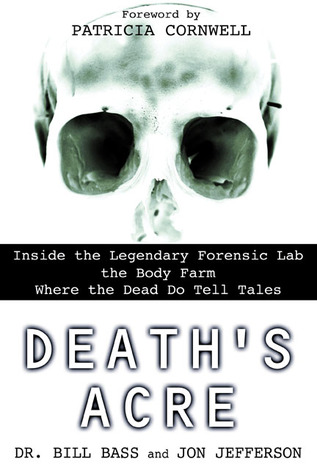 It’s Bill Bass’s bloated memoir, brimming with useless information, bogging down readers and serving no purpose.
It’s Bill Bass’s bloated memoir, brimming with useless information, bogging down readers and serving no purpose.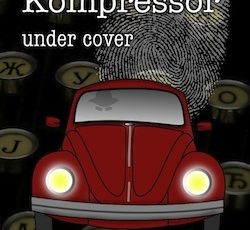
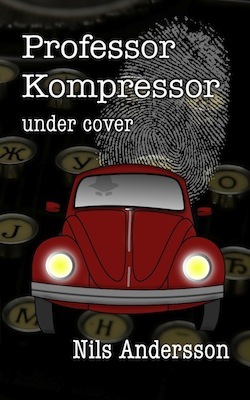 The biggest issue is the use of direct quotes. Most style books, and readers’ sanity, dictate the following: If a quote goes over a single paragraph, the end of the first paragraph, and all subsequent ones except for the last, do not have an ending quotation marks. Each quote encapsulated on both ends by quotation marks is supposed to mean the end of the quote: the next should be a different person’s quote.
The biggest issue is the use of direct quotes. Most style books, and readers’ sanity, dictate the following: If a quote goes over a single paragraph, the end of the first paragraph, and all subsequent ones except for the last, do not have an ending quotation marks. Each quote encapsulated on both ends by quotation marks is supposed to mean the end of the quote: the next should be a different person’s quote.